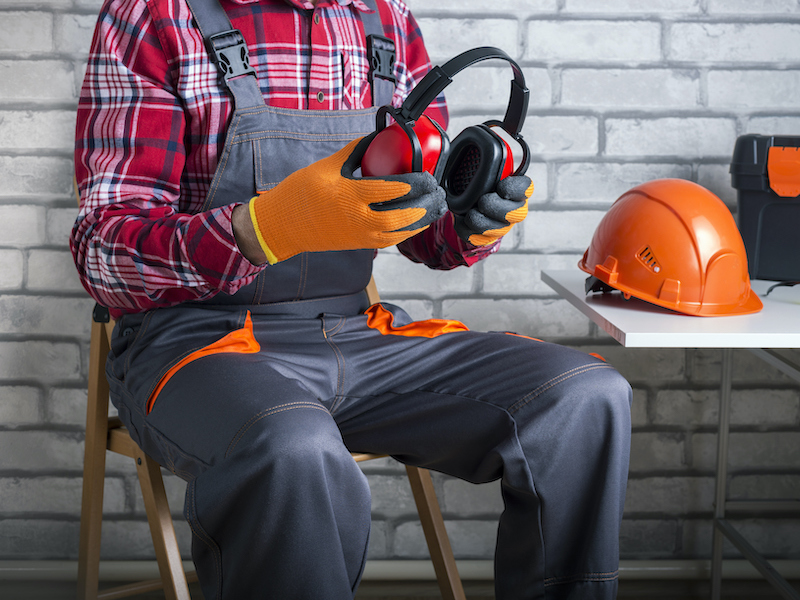
Your ability to hear is precious – once you lose it, the chance of getting it back in its natural form is slim to nil. But somehow, hearing loss frequently goes neglected and uncontrolled in the general population. In the US alone, one in eight individuals over the age of 12 copes with neglected and irreversible hearing loss.
Protecting your hearing from the start is the best and simplest way to prevent hearing loss, but if you currently have hearing loss you can recover much of your hearing with a hearing aid.
Here are five easy ways that you can protect your hearing:
Earbuds should be avoided
Earbuds have been packaged with mobile devices since the early 2000s and are one of the biggest threats to hearing. These little devices sit snugly into the ear canal and pump sound directly into the inner ear and most smartphones included them. You can get permanent hearing damage by listening to music or a movie on your mobile device at max volume for just 15 minutes. The better choice would be to buy a set of earmuff-style headphones that go over your ears, which is made even more effective if you can find a set that has noise-canceling technology. Sticking to the 60/60 rule, which recommends a maximum volume of 60% for no higher than 60 minutes per day, is another safety measure to safeguard your hearing.
Reduce the volume
Your hearing can be damaged by other things besides earbuds. Loud noises from a radio or TV can do as much damage if you regularly listen to them over a prolonged period of time. Shooting ranges, concerts, construction zone, and other noisy settings should be avoided. It might be impractical to entirely avoid these environments especially if they’re part of your job. The next item on the list will be significant if you’re in this situation.
Utilize hearing protection
If you have hobbies or work in a noisy setting, it’s essential that you utilize hearing protection. Hearing loss can happen in just 15 minutes at 85 decibels. Compare that to the following:
- The majority of concerts are between 100 and 120 decibels with headliners normally playing for about an hour and 20 minutes
- The average firearm discharge clocks in at 149 decibels, which is multiplied and amplified over the course of a one hour visit to an indoor shooting range
- The noise of a construction site can be above 130 decibels and many workers spend 40 or more hours every week there
The moral here is that you should invest in some kind of hearing protection like earmuffs or earplugs if you engage in any of these activities.
Take auditory breaks
Sometimes giving your ears a rest is the smartest thing you can do. Even if you wear hearing protection, if you are subjected to loud noises like these for prolonged periods, you should take some quiet breaks to give your ears a chance to rest. So after you leave a concert, you probably shouldn’t jump into your car and crank music.
Check your medicine
Your hearing may be significantly impacted by the medication you use. Aspirin, anti-inflammatories, antibiotics, and certain heart and cancer medications have all been proven to trigger hearing loss. Luckily, medication associated hearing loss usually only happens when more than one of these medications are taken together making it much less common.
Looking to get treatment for your hearing loss? Contact us today to set up a consultation.
Call Today to Set Up an Appointment
Resources
https://www.cdc.gov/nceh/hearing_loss/how_does_loud_noise_cause_hearing_loss.html
https://armeddefense.org/hearing-protection
https://www.uofmhealth.org/health-library/tf3092
